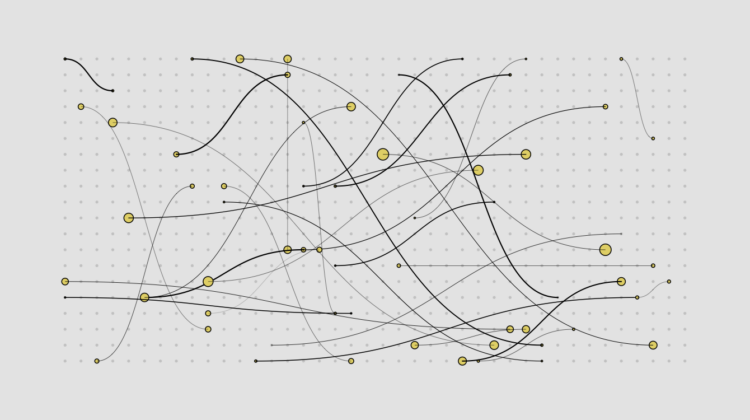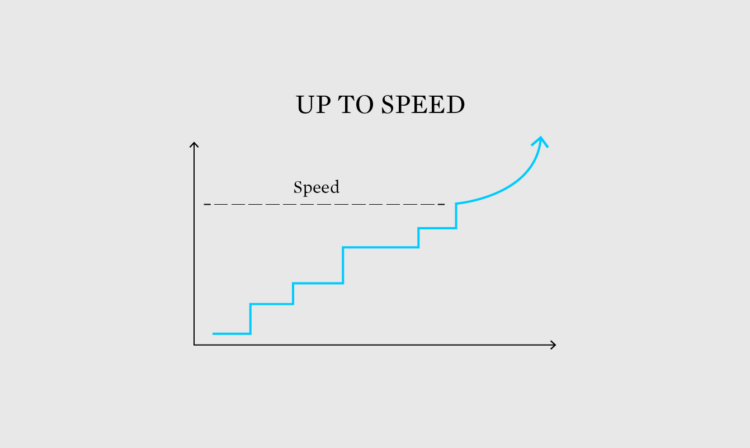Compute-Efficient Deep Learning: Algorithmic Trends and Opportunities
Updated: 2023-04-30 19:38:56
: Home Page Papers Submissions News Editorial Board Special Issues Open Source Software Proceedings PMLR Data DMLR Transactions TMLR Search Statistics Login Frequently Asked Questions Contact Us Compute-Efficient Deep Learning : Algorithmic Trends and Opportunities Brian R . Bartoldson , Bhavya Kailkhura , Davis Blalock 24(122 1 77, 2023. Abstract Although deep learning has made great progress in recent years , the exploding economic and environmental costs of training neural networks are becoming unsustainable . To address this problem , there has been a great deal of research on algorithmically-efficient deep learning which seeks to reduce training costs not at the hardware or implementation level , but through changes in the semantics of the training program . In this paper , we present

 Membership Courses Tutorials Projects Newsletter Become a Member Log in Members Only Visualization Tools and Learning Resources April 2023 Roundup April 27, 2023 Topic The Process roundup Welcome to The Process where we look closer at how the charts get made . I’m Nathan Yau , and every month I collect visualization tools and resources to help you make better charts . Here is the good stuff for . April To access this issue of The Process , you must be a . member If you are already a member , log in here See What You Get The Process is a weekly newsletter where I evaluate how visualization tools , rules , and guidelines work in practice . I publish every Thursday . Get it in your inbox or access it via the site . You also gain unlimited access to hundreds of hours worth of step-by-step
Membership Courses Tutorials Projects Newsletter Become a Member Log in Members Only Visualization Tools and Learning Resources April 2023 Roundup April 27, 2023 Topic The Process roundup Welcome to The Process where we look closer at how the charts get made . I’m Nathan Yau , and every month I collect visualization tools and resources to help you make better charts . Here is the good stuff for . April To access this issue of The Process , you must be a . member If you are already a member , log in here See What You Get The Process is a weekly newsletter where I evaluate how visualization tools , rules , and guidelines work in practice . I publish every Thursday . Get it in your inbox or access it via the site . You also gain unlimited access to hundreds of hours worth of step-by-step , Membership Courses Tutorials Projects Newsletter Become a Member Log in Members Only Explaining More , Assuming Less April 20, 2023 Topic The Process Visualization assumptions audience teaching Welcome to The Process where we look closer at how the charts get made . I’m Nathan Yau , and I’m figuring out what to assume from readers , even if they are smart and . well-informed To access this issue of The Process , you must be a . member If you are already a member , log in here See What You Get The Process is a weekly newsletter where I evaluate how visualization tools , rules , and guidelines work in practice . I publish every Thursday . Get it in your inbox or access it via the site . You also gain unlimited access to hundreds of hours worth of step-by-step visualization courses and
, Membership Courses Tutorials Projects Newsletter Become a Member Log in Members Only Explaining More , Assuming Less April 20, 2023 Topic The Process Visualization assumptions audience teaching Welcome to The Process where we look closer at how the charts get made . I’m Nathan Yau , and I’m figuring out what to assume from readers , even if they are smart and . well-informed To access this issue of The Process , you must be a . member If you are already a member , log in here See What You Get The Process is a weekly newsletter where I evaluate how visualization tools , rules , and guidelines work in practice . I publish every Thursday . Get it in your inbox or access it via the site . You also gain unlimited access to hundreds of hours worth of step-by-step visualization courses and